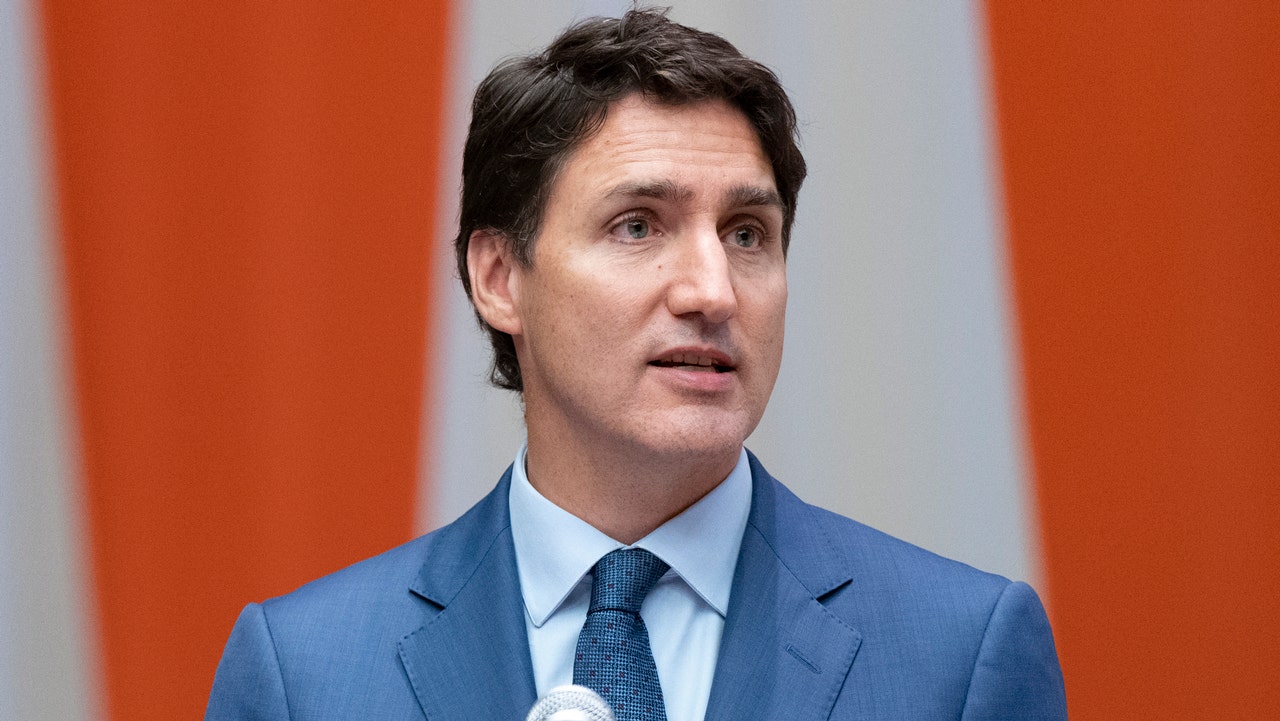Canada could have acted faster on reining in immigration, Prime Minister says

Canadian Prime Minister Justin Trudeau recently acknowledged that the federal government in Canada could have acted more swiftly in addressing the surge of migrants entering the country in the wake of the coronavirus pandemic. In a nearly seven-minute video posted online over the weekend, Trudeau outlined the reasons behind Canada’s decision to impose restrictions on its temporary foreign worker program and reduce the number of permanent residents allowed entry into the country by up to 27% by 2027.
Trudeau attributed the influx of migrants to “bad actors,” such as corporations and universities, who enticed immigrants with false promises of college degrees, permanent residency, and job opportunities. While acknowledging the role of these entities, the Prime Minister also accepted responsibility on behalf of the federal government for not acting sooner to curb the flow of immigrants once the labor shortage in Canada subsided.
The new plan unveiled by Canada aims to reduce the number of immigrants seeking permanent residency over the next three years. The annual threshold for permanent residency seekers will decrease from 500,000 to 395,000 in 2025, followed by further reductions to 380,000 in 2026 and 365,000 in 2027. Additionally, Canada will begin limiting the number of temporary foreign workers entering the country, with a target to cap the share of temporary foreign workers at 5% of the overall population.
Trudeau’s administration has faced declining support from voters this year, prompting a crackdown on visa requirements and a stricter stance on immigration. Reports indicate that Canada turned away a higher percentage of immigrants in the first seven months of the year compared to previous periods. This shift in policy aligns with the government’s efforts to address public concerns and manage the country’s immigration system more effectively.
In a recent podcast conversation, Conservative Leader Pierre Poilievre criticized Trudeau’s handling of immigration issues, attributing the chaos in the system to the Prime Minister’s leadership. Poilievre highlighted a significant increase in Canada’s population under Trudeau’s tenure and raised concerns about waste, fraud, and abuse in the immigration process. He emphasized the need to reform the immigration system and return to a model that upholds the integrity of legal immigration while honoring the Canadian promise of inclusivity and opportunity.
As Canada navigates the complexities of immigration policy and strives to strike a balance between welcoming newcomers and safeguarding national interests, the government faces ongoing challenges in managing migration flows and ensuring the integrity of the immigration system. The evolving landscape of immigration in Canada underscores the importance of proactive governance, transparency, and accountability in addressing the needs of both immigrants and the broader Canadian society.




